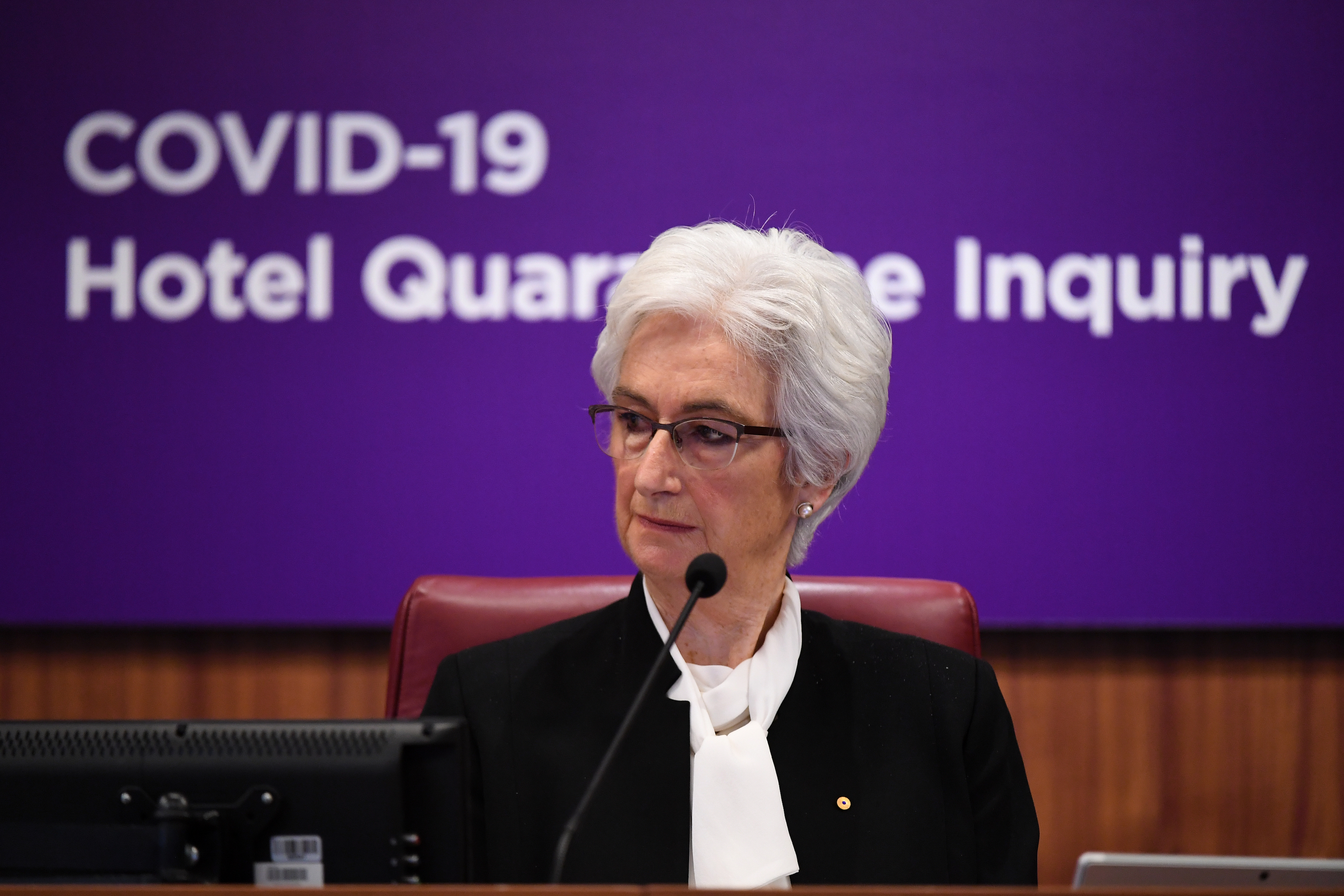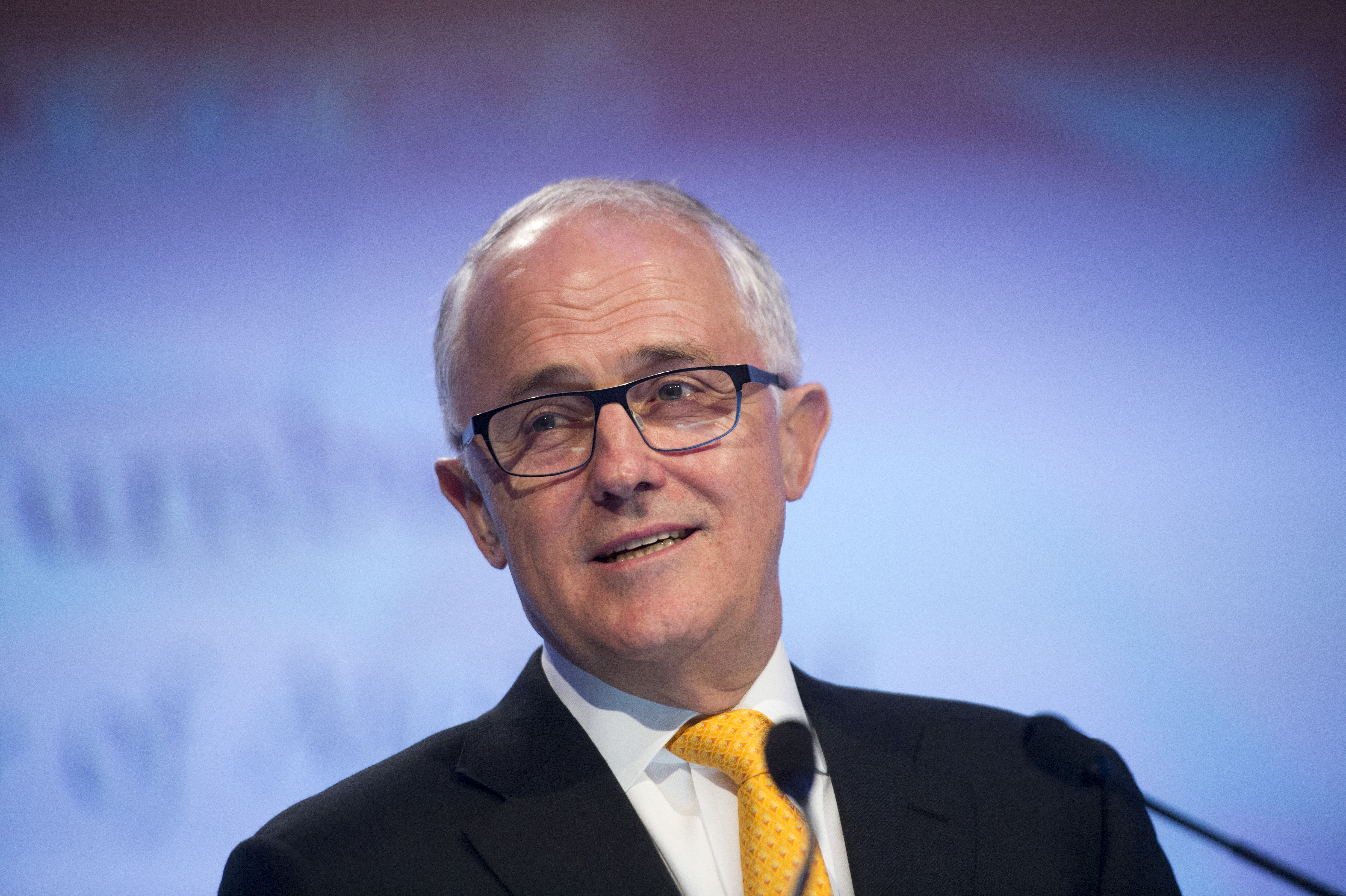
Politics & Society
Hotel quarantine accountability questions remain

Failures in Victoria’s hotel quarantine have highlighted concern that outsourcing is hollowing out government. So when is contracting out appropriate and when isn’t it?
Published 10 November 2020
Victoria’s inquiry into the failures of the COVID-19 hotel quarantine program has thrown into sharp relief some of the concerns with using private sector organisations for public purposes. What is particularly interesting is testimony that it was simply assumed that a private security firm would run the program.
This reveals a fundamental view that has permeated public administration in Australia for decades – that governments are just there to steer, and the private sector will do the rowing.

Government use of private firms is not a new phenomenon. Antecedents of current practices date back to Roman times, when private contractors were used for military service. Likewise, in the early 17th Century, the Dutch East India Company amassed sufficient power that it had its own military and has since been called a company-state.
We can also view feudalism (in which medieval barons controlled their lands while owing fealty to a monarch) as an early model of privatisation.

Politics & Society
Hotel quarantine accountability questions remain
However, over the last few decades, using private sector organisations for governance challenges has been pursued with particular vigour amid privatisation and the rise of so-called ‘new public management’ (though it is not so new anymore).
Of particular interest to researchers and critics is what Professor of Government Rod Rhodes has called the ‘hollowing out of the state’. Here, the core functions of government are slowly eroded and eventually given off to private contractors, consultants and external agencies.
The effect of this becomes self-reinforcing – as more work gets farmed out, those working in government lose opportunity to gain valuable skills and experience. This further entrenches arguments that it is necessary to look beyond government departments to implement government work, primarily because that is where the skills now lie. And so the cycle goes.

Several prominent figures in Australian public policy have expressed similar views. Former Prime Minister Malcolm Turnbull has stated that ‘one of the big challenges we got in government is that the public service is being deskilled’.
Similar sentiments have been expressed by Terry Moran, former head of the Department of Prime Minister and Cabinet. Likewise, anyone who has been following the Thodey Review of the Australian Public Service will notice this issue as a strong theme for reform in the various reports from that process.

Politics & Society
How social procurement can revive Victoria’s economy
Of course, none of this is to say that the private sector has no role in the delivery of public services. Indeed, there are times when it can work quite well. For instance, a series of studies in the early 1990s in the United Kingdom showed that private contracting for municipal waste services had proved effective. However, more scrutiny needs to be given to the circumstances in which this statement is true.
Of particular relevance to the current inquiry is a need to critically examine the assumption made by those in decision-making roles and to understand in more detail when we should and shouldn’t involve market operators. Unfortunately, the inquiry’s interim report doesn’t interrogate this assumption in depth, though hopefully this will be more of a focus in the final report.
One idea that is worth considering as part of this debate is the notion of uncertainty. When circumstances are uncertain, ambiguous or complex, we may want to be a bit more circumspect about whether and how we involve the private sector in public administration.

As an example, there have been two recent Victorian Ombudsman’s reports that have launched a scathing critique of the use of private insurance companies in the management of complex workplace injury claims. While the Ombudsman finds that the system is working well overall, she also notes that there have been massive systemic failings in the management of complex claims.
Given the uncertainty of these claims, and the systemic failures in the workers compensation scheme, there have been arguments made in the industry that it may be more appropriate for this function to be taken over by a public agency.

Politics & Society
Reducing governments’ reliance on consultants
This isn’t to say that the public sector automatically knows best. Rather, the public sector at least has the resources at its disposal to absorb some of the shocks that uncertain and complex situations can throw up. Moreover, the public sector isn’t compromised by the profit motive – something that has been at issue in the Ombudsman’s investigations.
The Coates Inquiry has revealed some of the challenges of working in a such a rapid, dynamic, and fluid environment. However, it has also exposed significant cracks in our system.
It is true that there are multiple reasons why we have just endured one of the longest coronavirus-related lockdowns in the world.
However, rather than just blaming a few key individuals, we should also be seeking to understand and address the deeper systemic and structural issues that have emerged over the last few decades.
Banner: Getty Images